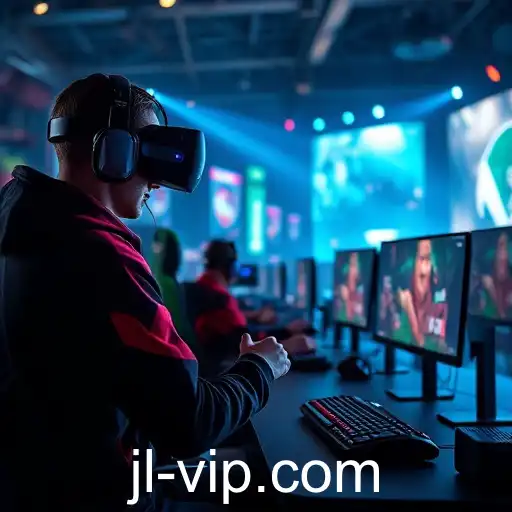
Online gaming has seen rapid development over the past few years, with platforms like "jlvip" offering gamers a new world of interactive entertainment. This evolution has not only reshaped how games are played, but also how communities are formed.
With technological advancements, gaming platforms have become more sophisticated, offering immersive experiences that blur the line between reality and the virtual world. The introduction of virtual reality (VR) and augmented reality (AR) has given players an unprecedented level of engagement and interaction, making games more lifelike and exciting.
Moreover, the rise of "jlvip" exemplifies how dedicated sites cater to the diverse needs of gamers. These platforms offer a variety of games, ensuring every type of player can find something of interest. This has fostered a sense of community among users, who bond over shared experiences and interests.
The gaming industry is not just about playing games anymore; it is a dynamic universe where players socialize, compete, and create content. The integration of social media within games allows players to share their achievements and gaming moments, further promoting a sense of community.
As we continue into 2025, the growth of these platforms shows no signs of slowing down. With continuous innovation and the increasing integration of AI, the future of online gaming looks promising. Platforms like "jlvip" will continue to shape the landscape, serving as hubs for gaming culture and innovation.
In an era where digital and real-world experiences blend seamlessly, online gaming platforms have become significant cultural artifacts. They influence everything from game design to societal norms, proving that the gaming world is as influential as it is entertaining.


